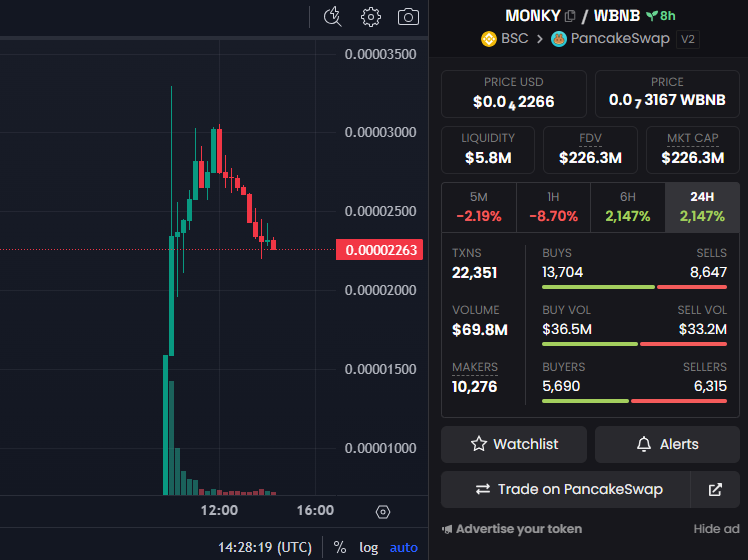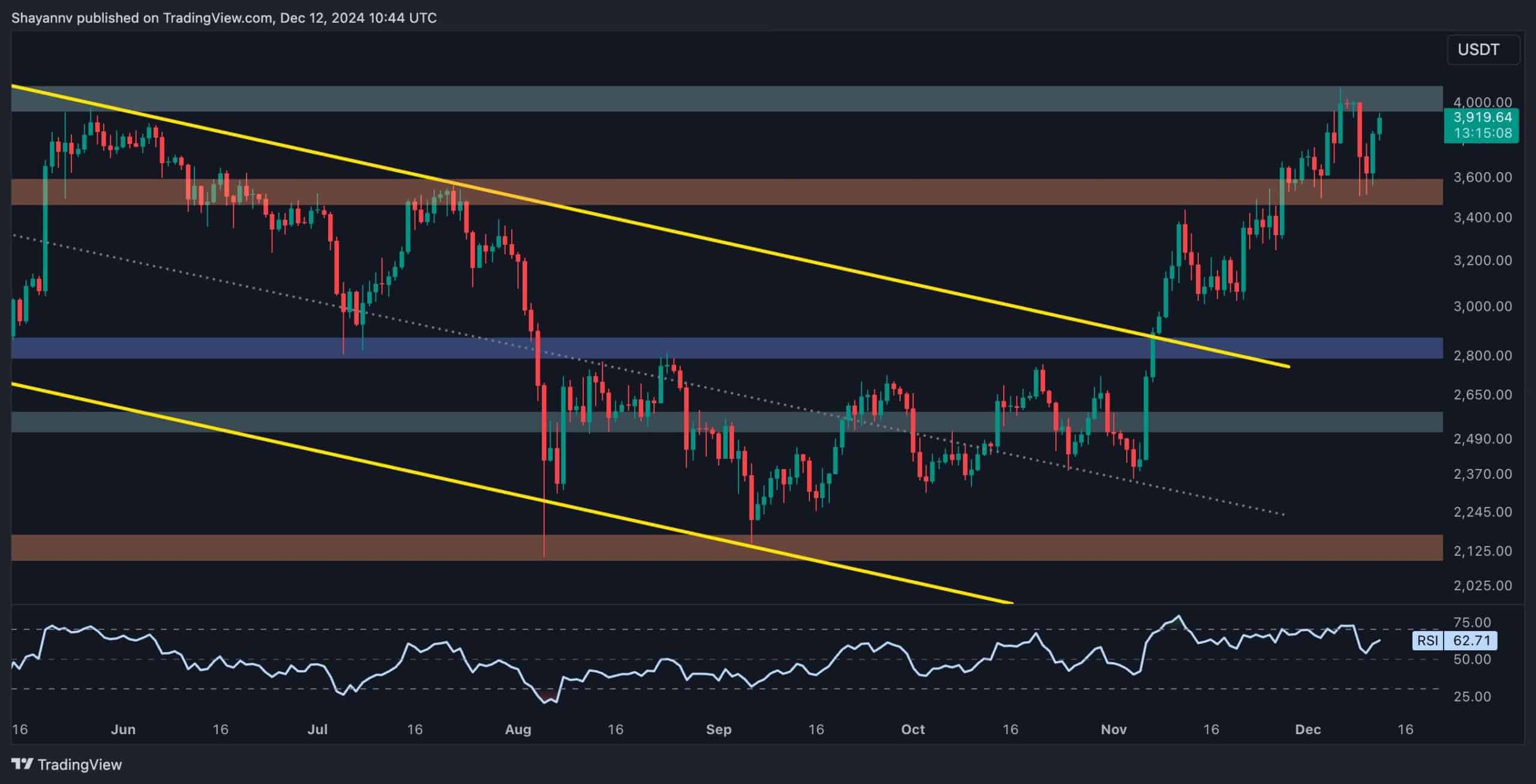AI News: Meta CEO, Mark Zuckerberg, and Spotify CEO, Daniel Ek, are advocating for Europe to adopt open-source AI to remain competitive in the global tech industry. In a joint statement, the two leaders emphasize that open-source AI, which permits developers to access and modify AI models freely, is essential for fostering innovation and economic growth across the continent.
Mark Zuckerberg and Spotify CEO Push for Open-Source AI
In the latest AI news, Zuckerberg and Ek argue that open-source AI has the potential to level the playing field by giving a broader range of developers and organizations access to cutting-edge technology. This openness, they assert, is vital for ensuring that power is not concentrated in the hands of a few large corporations.
By making artificial intelligence technology more accessible, they believe that open-source AI can help develop new ideas and businesses across Europe.
If you’re building with AI in Europe, you know just how important this discussion is right now. Open source AI creates more opportunities for all and we hope that the EU doesn’t limit the possibilities for new innovation for European consumers and businesses.…
— Ahmad Al-Dahle (@Ahmad_Al_Dahle) August 23, 2024
The CEOs highlighted that the internet largely runs on open-source technologies, suggesting that the same approach could lead to significant advancements in artificial intelligence. With Europe boasting more open-source developers than the United States, the region is uniquely positioned to exploit this trend. However, they caution that Europe’s current regulatory environment is a major obstacle to realizing this potential.
Regulatory Challenges in Europe
Mark Zuckerberg and Ek expressed concern that Europe’s fragmented regulatory landscape hinders the continent’s innovation. They pointed out that the overlapping and inconsistent regulations across EU member states create uncertainty for companies developing and deploying AI technologies.
They argue that this could lead to Europe falling behind other regions with more streamlined and coherent regulatory frameworks.
In addition, the CEOs cited the EU’s General Data Protection Regulation (GDPR) as an example of regulatory complexity stifling innovation. While the GDPR was designed to harmonize data use across Europe, its uneven application has led to delays and uncertainty, particularly for companies like Meta that are developing artificial intelligence models based on publicly available data. This regulatory uncertainty, they warn, could prevent European businesses and researchers from accessing the latest artificial intelligence.
Need for Simplified Regulations
Subsequently, Zuckerberg and Ek call for a simplified and harmonized regulatory approach across Europe. They argue that clearer policies and more consistent enforcement would enable European companies and developers to capitalize on the opportunities presented by open-source AI fully. Without such changes, they warn, Europe risks missing out on the next wave of technological innovation.
Apart from the AI news, Elon Musk’s platform, X, was also recently at the center of controversy in Europe. Discussions around regulatory compliance could have led to its shutdown in the region. This is another example of how complex regulations could hinder access to technological advancements.
Consequently, the two CEOs conclude by stressing that open-source AI is crucial for ensuring that the benefits of artificial intelligence are broadly distributed. They hope that European regulators will recognize the importance of this technology and create an environment that supports its development and adoption.
Disclaimer: The presented content may include the personal opinion of the author and is subject to market condition. Do your market research before investing in cryptocurrencies. The author or the publication does not hold any responsibility for your personal financial loss.










✓ Share: